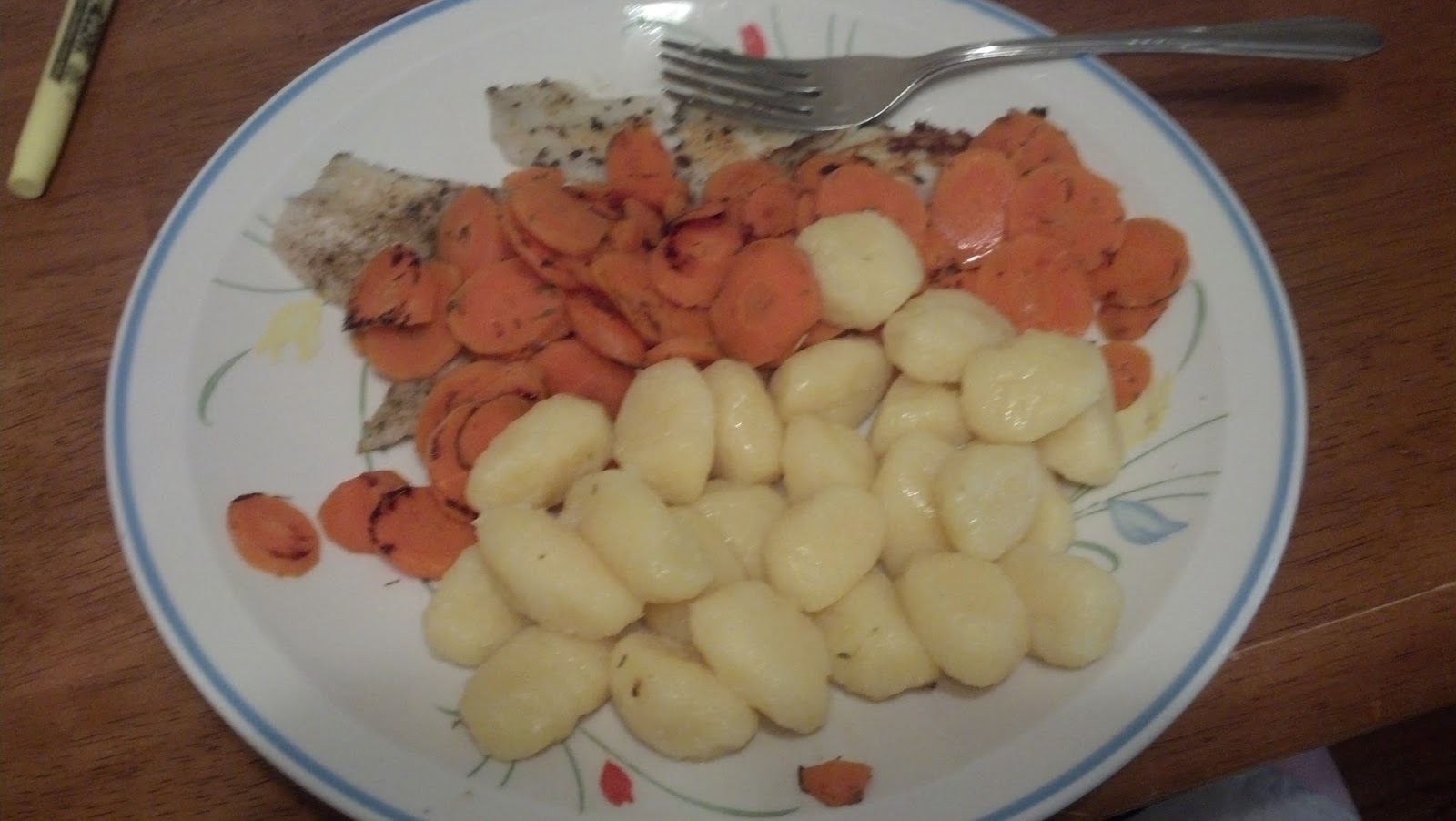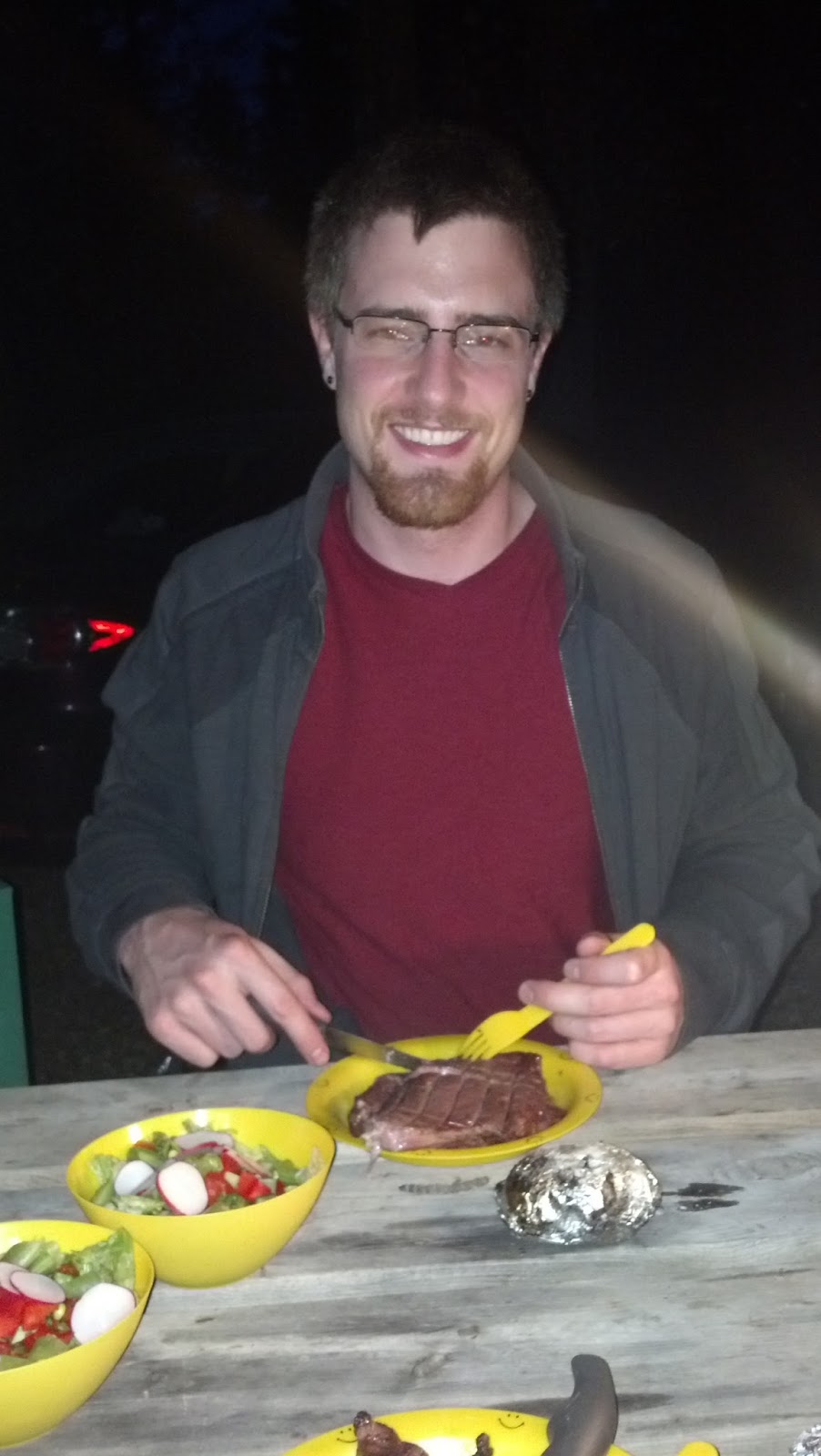I am so hesitant to tell people when I am on a detox. I guess I don't want them to get the impression that I have an addiction that I am trying to overcome. Looking up "detox" on the web gives me what I expect: detoxification especially of alcohol or illegal and addictive drugs. But looking up "detoxification" gives a better meaning to what I do: the process of removing toxins. That is exactly what I am doing, removing toxins that have accumulated in my body.
There are many different versions of detox programs and I will share with you what I have found. I have this wonderful little book on detox
"The Detox Handbook" by Maria Costantino that I have had on my bookshelf since university. I don't even remember where I picked it up, I'm sure it was in one of those bargain bins in a grocery store or Canadian Tire. I wish I had tried a detox when I got it, it would have been so helpful in figuring out my stomach. I also have been doing detoxification programs through my naturopath
Dr Patti Yik. It has made such a difference, she has been invaluable. I also got a pamphlet at the
Calgary Wellness Festival a few years ago on
Raw Foods Vegetarianism Detoxification, it sure has some interesting information but confirms what the other two have said in a lot of ways. But it goes into some stuff that is too much for me: nothing cooked, enemas, impants, colonic .... :/
Don't take this as medical advice, I'm not a doctor. I am writing this so you can see that detox isn't a scary thing and it doesn't have to be that hard. You should read up on detox yourself before doing it and perhaps talk with a professional if you want.
Length of detox varies between all of the types, you can do one weekend, one week, two weeks, three weeks, one month or a lifetime. I don't think any less that a week would be good but that is just my opinion. You could also do it on a regular schedule. Most suggest twice a year, but I have found that you can feel when you need another one.
1. Most kits or books have a quiz that you take to help you see where you are, they ask all sorts of questions about symptoms that you might not think about: headaches, gas, bloating, energy level, moods, body aches, skin condition.
2. The big part of detox is cutting out possible allergens. So what you should do is a hypoallergenic diet like mine. When I detox I also take out bananas, excess sugar, red meat peanuts, peppers and sometimes soy. Try to eat whole food, not prepackaged. The important thing is to eat as much as your body wants/needs, detox is not a starvation diet. Things that the detox handbook suggests to cut out are:
-wheat & gluten
-dairy
-yeast
-sugar
-corn
-alcohol
-eggs
-citrus (except lemon)
-night shade vegetables (tomatoe, potatoe, peppers, eggplant)
-soy
-caffeine
-smoking
3. The next part is taking something to help the liver and encourage elimination & cleansing. This could be pills, shakes, or lemon in water.
4. Last but not least is adding things to help you relax. This could be anything as long as it makes you happy: meditation, quite time, yoga, morning routine, exercise, journaling.
When you finish the detox you take the quiz again and see how far you have come. Then try adding things in one at a time for a few days each, the slow introduction allows you to identify what might be bothering you. Sometimes you don't notice the symptoms when you only have something once, it might need to build up in your system.
So it's not that hard and it's really great for your body. Also, from my blog you can see that eating out is possible on a cleanse, so don't be scared to do it for an entire month.














